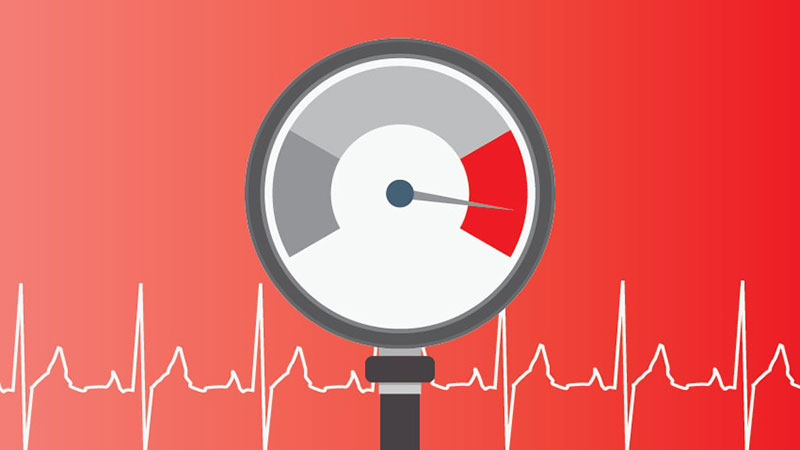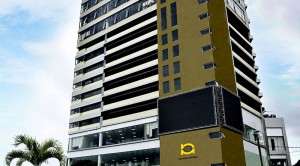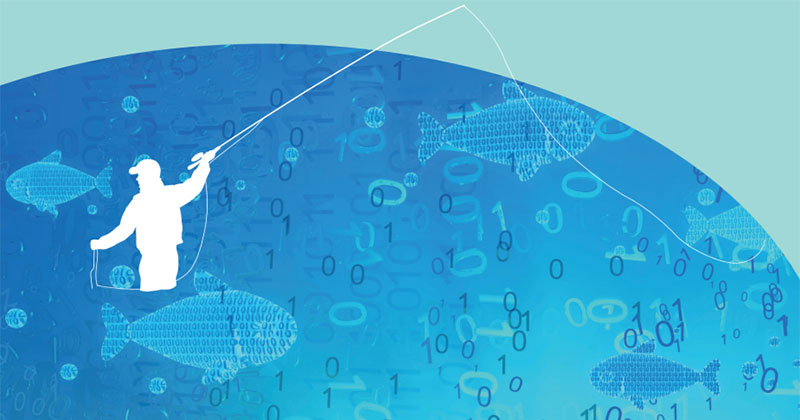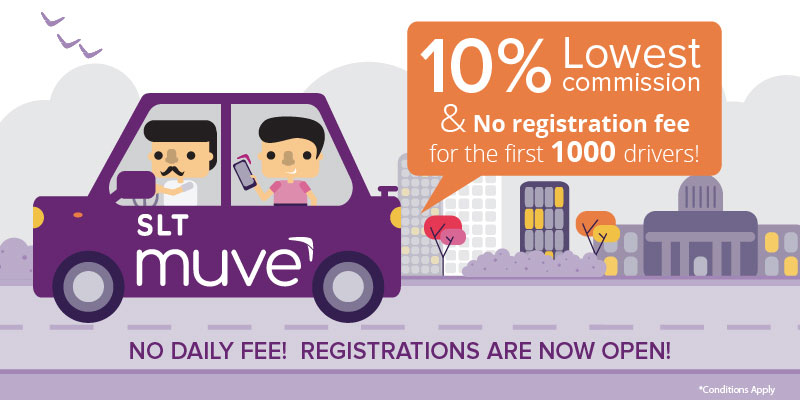
Under pressure: Halting the hazard of hypertension
This month’s World Hypertension Day drew people’s attention to an issue which is often ignored by those caught up in the daily rigors of work. The World Health Organization reports that the number of people with hypertension worldwide is estimated at over one billion. This is why a firm understanding of hypertension is essential and allows people to understand that an unhealthy lifestyle is the prime contributor to the disease’s rise.
Commonly described as high blood pressure, Hypertension can lead to a wide range of complications, most fatally heart disease and stroke. Apart from the previously mentioned stress, the condition can also manifest itself hereditarily or as an underlying affliction of another ailment like kidney disease.
The World Health Organization suggests that the global rise of hypertension is in direct correlation with the rise in consumption of processed foods rich in salt. The salt content heightens the presence of sodium in the bloodstream, hampering kidney functionality and water retention in the body.
Dr. Prakash Priyadarshan, the resident cardiologist at Nawaloka Hospitals, reveals that similar to the rest of the world, Sri Lanka is witnessing a steady uprise in the incidence of hypertension.
“Normally hypertension seems to be linked with common non-cardiovascular disease, like diabetes, and rarely occurred alone but we are now seeing a growing number of cases where it is occurring independently. In addition, we are also seeing an increase in the frequency of patients with metabolic syndrome,” said Dr. Priyadarshan.
Metabolic syndrome describes the occurrence of a collection of conditions, such as increase in waist size high blood pressure, high blood sugar and elevated lipid level, which combine to raise the risk of heart disease, stroke and severe diabetes.
While Dr. Priyadarshan does attribute a measure of the blame for these alarming health trends to the genetic predisposition of the global population, he asserts that an unhealthy lifestyle is the primary culprit.
He adds that what makes hypertension tricky to deal with is that it does not display any signs or symptoms, aside from sporadic headaches and dizziness.
“Most of the time people do not realise they have it until its effects have greatly advanced and their health has deteriorated to a dangerous and sometimes irreversible level.”
It is for this reason that Dr. Priyadarshan recommends regular health checkups for everyone, regardless of age, since even the young are now being regularly diagnosed with hypertension.
Dr. Priyadarshan also asserts that the patients he sees at Nawaloka go through a series of specific tests at the hospital’s state-of-the-art Serene Health Screening Centre which explore a range of risk factors linked to the illness. Patients who are detected to be suffering from hypertension then undergo 24 hours of continuous pressure monitoring.
Following this, patients are then tested for the disease’s secondary causes through a kidney and heart scan. An additional layer of thoroughness is also applied through a hormone test which rules out the prospect of hormonal imbalance which is a contributory factor.
Dr. Priyadarshan emphasised that ultimately the avoidance of hypertension rests within the control of those most in danger of contracting it.
“Regular testing together with a healthy diet low in salt and a steady exercise regimen is a foolproof way of staying healthy and maintaining normal blood pressure margins. We should also do our best to avoid continual exposure to high levels of stress. We need to remember that while work is important, it should not come at the expense of our health.”






